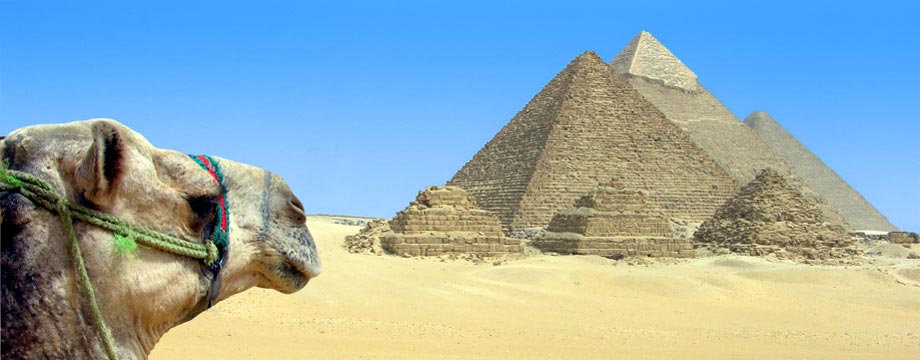I’ve been to Saigon as recently as two years ago, but the phrase that came to my mind two years ago—let Saigons be Saigons—has developed a new meaning for me: The end (especially for the Vietnamese) of what they call the American War. For the Vietnamese, the wars are in the past, partly because even the most recent of the long history of Vietnamese wars, against China or the Khmer Rouge, was over 3 decades ago. Of the 62 million Vietnamese, probably over three-fourths were born after the North Vietnamese tanks burst through the presidential palace gates in this city (renamed Ho Chi Minh City, though I’ve never heard a local call it that) in 1975. In addition, the Vietnamese have moved beyond the ideology of the U.S. war, and for the last 16 years have plowed ahead with reforms that have made this, like China, a communist country in terms of party control (which includes a ban on Facebook and Yahoo groups among others), but a rampant economy.
Saigon was apparently a major port for the Khmer, was conquered in the 17th century by the dynasty centered in mid-Vietnam at Hue, and given life as the “Paris of the East” (one of many claimants) following French occupation of Cochinchina in 1858. The city still bears the marks of French rule in its architecture—including a marvelous Hotel d’Ville, a soaring Catholic Cathedral (I think it is the second most Catholic country in Asia, after the Philippines), Post Office, and several buildings that house museums. And the food. I can hardly wait for tomorrow to have a baguette for breakfast—with pate, etc.
The city hasn’t entirely forgotten the American period. One of the highlights, or perhaps lowlights, is the War Memorial Museum, which documents the atrocities Americans committed during the years when we, like the Chinese, Khmer, French, Indians, etc., tried to conquer the country. As I told Professor Sikora, for Americans of a certain age, the city is best viewed in black-and-white, which was how we viewed it in the 1960s on TV. I remember when I came in 1995, having flashbacks that began at Than Sun Hut Airport, which was the main air base; the concrete hangers from newsreels (to protect against snipers)—they’re still there; the palace, where on April 30, 1975, the North Vietnamese put an end to the South Vietnamese government that had lasted around 3 years after we pulled out our troops; the Rex Hotel, once home to journalists, and transformed from a ratty but atmospheric hotel when I had students there in 2001 to a glowing 5 star building today, and so forth.
Today (as in the past), Saigon was the commercial and economic hub of Vietnam (again resembling China, where the southern cities—Shanghai and Guangzhou—reflect economic wealth and Beijing is the political center) while Hanoi is the political capital. Some of that is from the strong influence of Chinese in Saigon. The Saigonese (?) average income is, at around $3,000, triple the average of the country. I think what pumps up the income are remittances from overseas Vietnamese. Like most developing countries, there are extremes of wealth. Our guide said that houses in District One (like Paris, the arrondissements are numbered) cost over $3,000,000 U.S. There are 8 million or so inhabitants, and over 4 million motorcycles. There are sidewalks, but they’re only slightly less hazardous than the streets for pedestrians, who have to weave around parked motorcycles (Honda is preferred over the much cheaper Chinese model).
We’ll get to see a lot of the country because tomorrow night we’ll depart for a 30+ hour train ride from Saigon to Hanoi. It’s over 1000 miles from one city to another, but I will try to write before we leave.
As we say here, I feel like a million dong. That’s around 50$ U.S. The largest bill is 100,000, so being a millionaire is relatively easy—and relatively meaningless.

